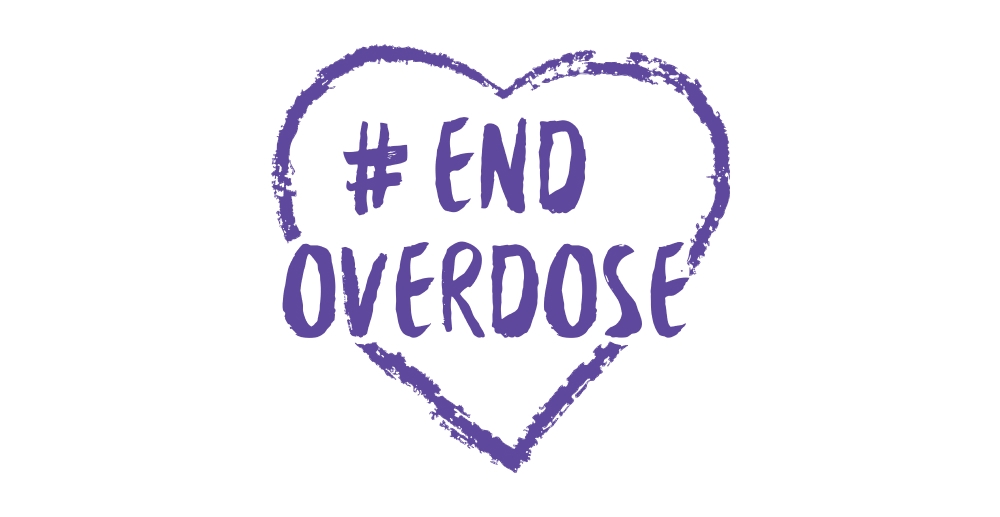Lately there have been concerns about the safety of kratom, a withdrawal aid that has been gaining in popularity. Are these concerns valid?
If you’re in recovery from an opioid use disorder, chances are you’ve heard about kratom. Maybe you’ve even tried it yourself. Kratom has gained popularity in recent years as an alternative to traditional opioids, which some people are using as a withdrawal aid, or simply on its own for relaxation. But lately there have been increased concerns that the psychotropic plant, which is native to Southeast Asia, could be dangerous or could cause addiction on its own. How valid are these concerns? And does using kratom still count as recovery?
How does kratom affect users?
When ingested, usually orally, kratom activates some of same opioid receptors in the brain as drugs like morphine or heroin. For some, it may share some of the same pain relieving and euphoric effects as these opiates, but it is not itself an opiate. Kratom’s effects are a little different than those of an opiate or a more conventional opioid such as fentanyl or methadone. The analgesic and euphoric effects are typically less pronounced than with the natural opiates and synthetic opioids that people have been using to get high for years. It also has some stimulant effects, and does not appear to cause the same kind of respiratory depression that is often the cause of opioid overdose fatalities. For these reasons, kratom has historically been treated as a safe substance, relative to other opioids. It is not currently scheduled in the United States, although it is regulated in some states and illegal in others.
A new report about kratom made waves recently.
In April of 2019, the Centers for Disease Control released a report stating that kratom was present in 152 deaths in the United States between 2016 and 2017. News outlets were quick to report these findings. After all, if a legal substance being touted as safe is quietly killing people, the public should know! But the CDC report is not quite that clear-cut. The study looked at 27, 338 overdose deaths, of which kratom-involved deaths accounted for .56%. In the case of 145 of those kratom-involved deaths, the deceased had consumed other substances, as well. This means the fatal event may have been caused by a negative interaction between kratom and that other substance. Fentanyl and heroin were the additional substances most commonly found in the deceased, and we know that combining opioids is dangerous. Combining substances in this way can lead to increased respiratory depression, even when overdose with just one of those substances would have been unlikely. Of the 152 deaths, only seven came back without other drugs in the system. As the report notes, drug testing is an imperfect science, so negative toxicology doesn’t fully rule out the possibility that other drugs were involved.
If we assume the seven people who only tested positive for kratom had, in fact, only consumed kratom, there are still questions. For example, the report does not specify how they died. That leaves open the possibility that the person had an allergic reaction, or had a medical condition that left them more vulnerable to the effects of kratom, or to opioids in general.
We should take safety concerns seriously, but I believe the media reaction to the CDC report may have been overzealous. That doesn’t mean kratom is safe; it requires more research to tell. But there is not currently strong data to definitively indicate that it’s unsafe, either. As with any substance, caution and attention to one’s own personal reaction is warranted.
Can kratom help with opioid addiction?
In a nutshell: we don’t know. As I mentioned above, more research is necessary. Anecdotally, some people do report using kratom to help ease the pain of opioid withdrawal. Because kratom activates opioid receptors in similar ways as more conventional opioids, using this plant to ease withdrawal may be, in some ways, similar to using a milder opioid to ease withdrawal from a stronger opioid. But until there are more conclusive research that kratom is safe to use and guidance outlining the best practices for using it to manage opioid use disorder, it is safest to stay with FDA-approved treatments.
Because kratom is legal in most states (see note) and is less regulated than medications like methadone and buprenorphine, it’s likely that some will use it as an alternative withdrawal aid despite the lack of supporting research. If you’re one of those people, pay close attention to your unique reaction to the drug. Track your side effects, and make sure you tell your healthcare provider that you’re using it. Talk to your doctor immediately if you have trouble breathing, hallucinations, or seizures. Keep it out of reach of children. If you find yourself engaging in compulsive use of kratom similar to that of other opioids, then kratom may be psychologically harmful for you. And if you are not able to abstain from other opioids, be careful mixing in kratom, as the combination could be dangerous or deadly.
Note: Kratom is illegal to buy, sell, possess or use in Alabama, Arkansas, Indiana, Rhode Island, Vermont, and Wisconsin. It may be subject to regulation in other states.
Can you take Kratom with Suboxone?
Kratom is a relatively new substance. Although it’s plant-based, it is impossible to say definitively whether you can take kratom with suboxone. This is a textbook example of, “please consult with your doctor.”




